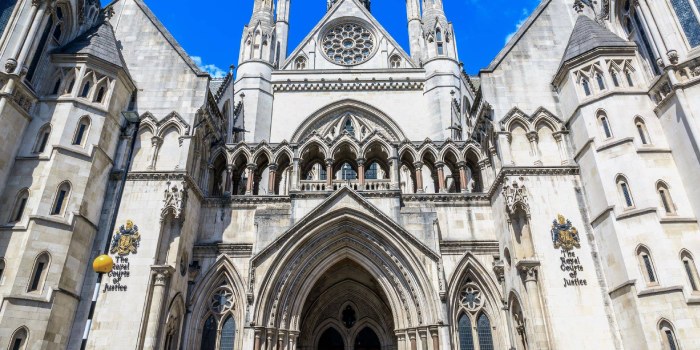On November 15, the High Court of the United Kingdom handed down a significant ruling in favor of Flutter Entertainment, denying allegations that its Betfair brand violated obligations concerning compulsive gambling. Serving as a crucial precedent for the heavily regulated industry, this historic ruling established the required legal responsibilities of gambling operators.
Property developer Lee Gibson initiated the lawsuit in 2021, seeking over £1.4 million in damages. In his lawsuit, he claimed that Betfair and its holding company, TSE Malta, let him avoid measures put in place to prevent problem gambling. But in a 46-page decision, Judge Bird dismissed the allegations, finding that Betfair had not broken any laws or owed its consumers any kind of duty of care.
New Standards for Gambling Law
Consistent with the concepts established in the 2008 decision of Calvert v. William Hill, the verdict adds a crucial chapter to the body of gaming law. Though Calvert did admit that there were breaches of duty of care, it still did not allow the claimant to get their money back.
This latest ruling strengthens the distinction between regulatory requirements and direct legal liabilities. Companies that follow regulatory rules have limited legal liability, as the verdict confirms that operators are not generally compelled to refund clients for their gambling losses.
The ruling was well-received by legal professionals, who highlighted its significance for the gaming sector. The gaming law firm Wiggin LLP said the decision cleared up some confusion about the rules that regulate B2C contracts. According to the firm, operators are less likely to be subject to hypothetical claims, as the decision upheld a distinct distinction between regulatory compliance and contractual duties.
Wiggin experts explained that the decision reaffirmed the Gambling Commission’s central role in addressing non-compliance. The ruling stressed that where failings are identified, recourse would lie with the specialist regulator rather than through direct claims against operators.
What This Means for the Future
The judgment provides a legal shield for UK operators, offering clarity amid growing scrutiny. Unlike several European jurisdictions, where courts have required operators to reimburse players for social responsibility breaches or pre-regulation conduct, the UK has reinforced a regulatory-first approach.
This distinction positions the UK framework as more protective for operators, relying on robust oversight mechanisms to ensure compliance while limiting direct legal challenges from customers.
For players, the verdict highlights the importance of mutual accountability in fostering safe gambling environments. While operators remain responsible for meeting compliance obligations, the ruling underscores that safeguarding individual financial outcomes lies outside their legal duty.



